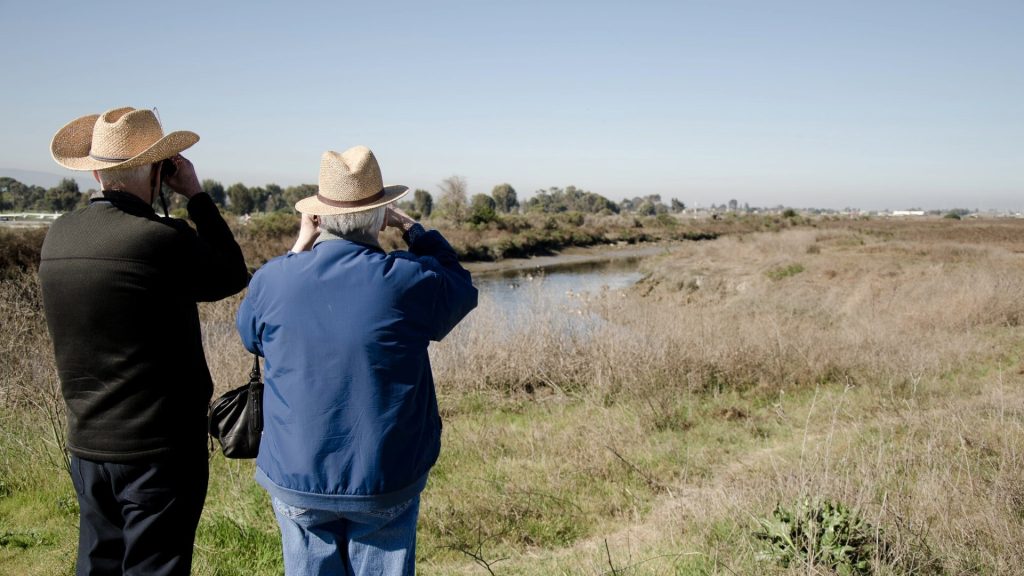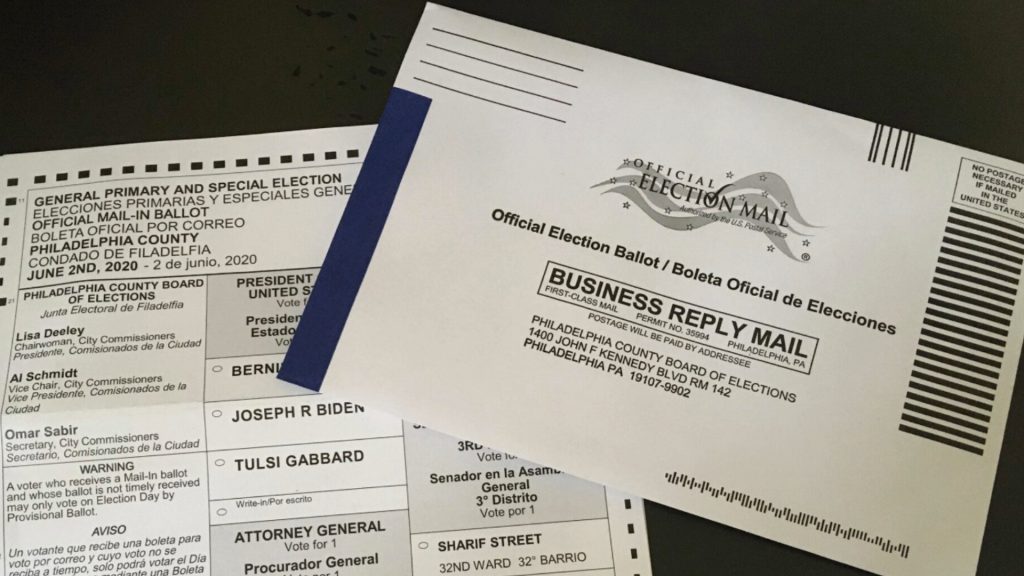There are a lot of reasons you’d want to leave a Blue State for a Red one. The cost of living in these Red States is amazingly low compared to how much it costs to live in a Blue State. Writer Jules Rogers moved from Portland, Oregon, to Texas. Here’s what she found.
Moving To a Red State Is Easy
In many cases, the decision to move to a Red State for someone living in a Blue State is a no-brainer. Many of the Red States have lower living costs than the Blue States.

This is partially because of how Republican legislatures see taxation and public social programs. It’s also a lot easier to afford rent in the Red States since housing costs are low.
Many Americans Are Moving Into Red States
As Americans realize the cost-of-living crunch will continue, many of them are abandoning the Blue States and moving into cities and towns in the Red States.

The downside of moving from the Blue States into the Red States is that the politics, how government works, and how things run may ultimately differ from how the Blue States do things.
People Live Longer in the Blue States
While it’s not a consideration for many people moving into the Red States, Americans living in the Blue States tend to live longer. Statistics have shown residents of Blue States have slightly longer life expectancy.

A significant reason is the social programs the Blue States implement to ensure a good quality of life for all. Another is the lack of seatbelt and safety legislation.
A Difference In Ideas Of Government Control
Republican States tend to consider government as an overarching authority, capable of making decisions that seek to protect everyone and ensure that the pool of tax money is spent accordingly.

Unfortunately, Democrats moving to the Republican States have a completely different idea of what the government is supposed to do. The Blue States see the government as a helper and supporter for everyone living there – very different from the Democrat-run States.
Ethical Dilemmas Will Come Up
When Jules moved to Texas for a job in journalism, one of the earliest calls coming into her newsroom shocked her. A local parent reported that their child’s school district was segregating students who were learning English as a Second Language.

Jules reported this, thinking it to be unfair. Her point of view from a Democrat-run State gave her the idea that kids should be treated equally in classrooms, regardless of whether English was their first or second language.
No Backlash At All
When Jules published her story, hardly anyone read it, and no one batted an eyelid at the segregation. This shocked Jules, who was used to people fighting for equality, especially in schools.

As a school in a Red State, this wasn’t completely unheard of. In many cases, separating kids who learned English as a second language was typical since it allowed teachers to cater to their needs specifically.
The Second Amendment Is King In Red States
The US Second Amendment allows for private citizens to hold and bear arms. In the Republican-controlled States, this Constitutional right is upheld, meaning easy access to guns for anyone who wants them.

Naturally, this was another shock to Jules, who came from a place where strict gun control laws were in place. The idea of someone carrying around a gun in the open was new to her.
A Republican Viewpoint on Guns
Why are guns so easy to get in the Red States? Republican policymakers believe that giving people more guns, not less, will reduce gun crime in the US. To this end, they make it easier for everyone to have a firearm.

Democrats like Jules think that the Red States are too lax in how they issue gun ownership permits. Jules stated that her opinion is that gun crime could be reduced if there were fewer guns in homes, not more.
An Outdated Voting Process
Republicans have a long tradition of mistrust of authority. In many Red States, casting your vote is only legal if you go to the voting booth in person. They make allowances for the sick, elderly, disabled, and arrested to vote by mail.

This approach aligns with how Red State voters consider mail-in ballots. They don’t trust those on the other end to count their vote correctly and prefer having a presence in the voting booth.
Democrats Embrace Mail-In Votes
Mail-in voting has been standard practice in the Blue States for several elections. Since these ballots are safely carried in the US Postal Service and opened in front of witnesses, there’s little chance of tampering.

Jules was stunned to realize that to vote, she would have to go down to her local polling station and cast a vote in person.
Women’s Bodies Are Seen Differently
Jules, being a woman, was not happy with how she saw the Republican States controlling women’s bodies and their decisions on birth control.

Traditionally, the Red States have been staunchly anti-abortion since it’s inherently tied to the religious views of the majority of the population.
Sex Education Is Also Not On the Curriculum
Empowering women to take their reproductive health into their own hands starts with education. In the Red States, sex education is not on the curriculum, and teachers don’t actively teach it to kids.

Naturally, this means that many women grow up not knowing many things about their own reproductive systems. This was another element that shocked Jules and made her want to return to Oregon.
A More Hardline Stance On Many Things
While the Red States, like Texas, are freer in how they approach gun laws and ownership, there are many things that they are more authoritarian about.

Abortion is one of those hot-button topics that the Red States tend to view as criminal, but so is marijuana. Most Blue States are moving to decriminalize marijuana, but Red States stands firm on its status as illegal.
Enough To Make You Run Back Home
After two years, Jules had enough of Texas and decided to return to her Blue State home. It was a decision she says she had no choice to make since it felt like living in an alien place in Texas.

For many people who grew up in a Blue State, moving to a Red State is not just a change of location but a change in how things are seen and done. What does living in a Red State take as someone from a Blue State? A level of acceptance for a different way of thinking that no one seems to have.






